Wednesday, April 26th, 2023
9-10:30 p.m EST
Zoom

The Institute for International Economic Policy is pleased to invite you to join us on Wednesday, April 12th, 2023 to hear from a distinguished panel comprising Nancy Birdsall (Center for Global Development), Ana Palacios (Palacio y Asociados and Georgetown), and Johannes Linn (Brookings). The panel will discuss “Reshaping the World Bank for the 21st Century: An Agenda for the New President” in a session moderated by IIEP Distinguished Visiting Scholar Ajay Chhibber. IIEP Director Remi Jedwab will introduce the session.
With the nomination of Ajay Banga by the US administration as the next World Bank president there is a unique opportunity to reshape the institution for the needs of the 21st century. This would include changing its strategic direction with a much greater focus on tackling climate change, as it pursues poverty eradication and shared prosperity. It must also include making its governance structure more representative of a changed global economic landscape and using its capital in more innovative ways to harness the vast sums of private capital to meet the challenges of sustainable development across the world. It must also find ways to focus more on global public goods as it helps individual countries address these challenges.
About the Speakers:
Nancy Birdsal l is president emeritus and a senior fellow at the Center for Global Development, a policy-oriented research institution that opened its doors in Washington, DC in October 2001. Prior to launching the Center, Birdsall served for three years as senior associate and director of the Economic Reform Project at the Carnegie Endowment for International Peace. Her work at Carnegie focused on issues of globalization and inequality, as well as on the reform of the international financial institutions.
l is president emeritus and a senior fellow at the Center for Global Development, a policy-oriented research institution that opened its doors in Washington, DC in October 2001. Prior to launching the Center, Birdsall served for three years as senior associate and director of the Economic Reform Project at the Carnegie Endowment for International Peace. Her work at Carnegie focused on issues of globalization and inequality, as well as on the reform of the international financial institutions.
From 1993 to 1998, Birdsall was executive vice-president of the Inter-American Development Bank, the largest of the regional development banks, where she oversaw a $30 billion public and private loan portfolio. Before joining the Inter-American Development Bank, she spent 14 years in research, policy, and management positions at the World Bank, including as director of the Policy Research Department.
Birdsall holds a PhD in economics from Yale University and an MA in international relations from the Johns Hopkins School of Advanced International Studies.
 Ana Palacio was the first woman to serve as Foreign Minister of Spain, from 2002-2004. Before this, she was a member of the Spanish Parliament, where she chaired the Joint Committee of the two Houses for European Affairs. She also served as a member of the European Parliament, where she chaired the Legal Affairs and Internal Market Committee, the Justice and Home Affairs Committee and the Conference of the Committee Chairs, the most senior decision-making body on legislative policy and programs. As the Head of the Spanish Delegation to the European Union’s Intergovernmental Conference and a member of the Presidium of the Convention, Ms. Palacio was at the forefront of the debate on the future of the European Union and drafted and led legal discussions on the European Treaties reform.
Ana Palacio was the first woman to serve as Foreign Minister of Spain, from 2002-2004. Before this, she was a member of the Spanish Parliament, where she chaired the Joint Committee of the two Houses for European Affairs. She also served as a member of the European Parliament, where she chaired the Legal Affairs and Internal Market Committee, the Justice and Home Affairs Committee and the Conference of the Committee Chairs, the most senior decision-making body on legislative policy and programs. As the Head of the Spanish Delegation to the European Union’s Intergovernmental Conference and a member of the Presidium of the Convention, Ms. Palacio was at the forefront of the debate on the future of the European Union and drafted and led legal discussions on the European Treaties reform.
Ms. Palacio also served on Spain’s Consejo de Estado (Council of State), and as Senior VP and General Counsel of the World Bank Group, as well as Secretary General of the ICSID – International Centre for Settlement of Investment Disputes.
Johannes F. Linn is a Nonresident Senior Fellow at the Brookings Institution, a Distinguished Resident Scholar at the Emerging Markets Forum in Washington, D.C., a Senior Fellow at the Results for Development Institute and a Senior Research Fellow at the International Initiative for Impact Evaluation. He is the co-founder and co-chair of the international Scaling Community of Practice, which has over 2,500 participants.
Johannes currently serves as Global Facilitator for setting up and funding the Systematic Observations Financing Facility hosted by the World Meteorological Organization. In 2019 Johannes served as Global Facilitator for the 1st Replenishment of the Green Climate Fund. In 2011, 2014 and 2017 he chaired three Replenishment Consultations of the International Fund for Agricultural Development. From 2005-2010 he was Director of the Wolfensohn Center for Development at Brookings. Before that, he worked for three decades at the World Bank, including as the Bank’s Vice President for Financial Policy and Resource Mobilization and Vice President for Europe and Central Asia.
About the Moderator:
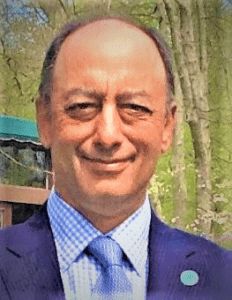
Ajay Chhibber is Distinguished Visiting Scholar, Institute for International Economic Policy (IIEP), George Washington University, Washington D.C., Senior Visiting Professor at the Indian Council for Research on India’s Economic Relations (ICRIER), New Delhi and Non-Resident Senior Fellow at the Atlantic Council.
He was the first Director General, Independent Evaluation Office, India (Minister of State) and Distinguished Visiting Professor at the National Institute of Public Finance and Policy. He also was Chief Economic Advisor to FICCI and now serves on CII’s Economic Advisory Council. He served earlier as Assistant Secretary General, UN and Assistant Administrator, UNDP where he was responsible for work on Asia and the Pacific. At the World Bank he served in senior positions as Country Director in Turkey and Vietnam, and Division Chief for Indonesia and the Pacific as well as the Director and Lead Author of the seminal 1997 World Development Report on the Role of the State.
He has a Ph. D from Stanford University, an MA from the Delhi School of Economics and was awarded the David Rajaram Prize for best all rounder at St Stephen’s College, Delhi University where he received BA Hons in Economics. He has also done advanced management courses at Harvard University and at INSEAD, France.
Cosponsored by GW-CIBER and the Growth Dialogue
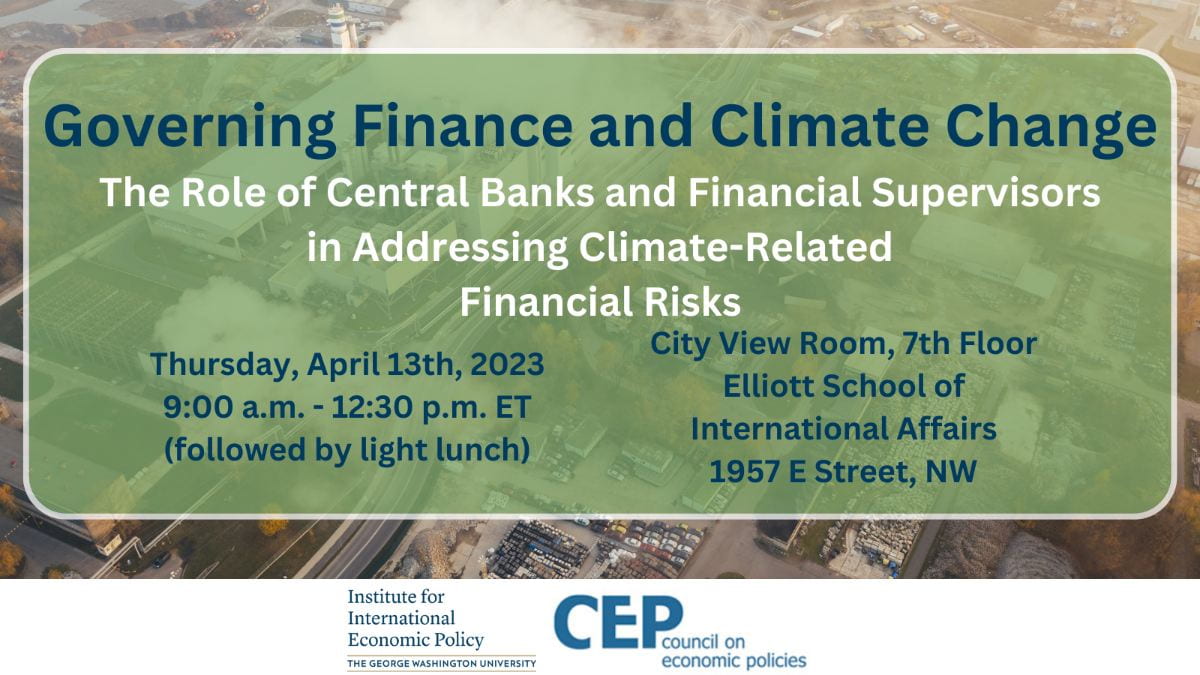
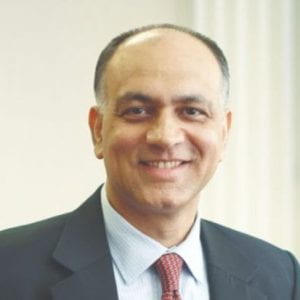 Sunil Sharma is a Distinguished Visiting Scholar at the Institute for International Economic Policy, Elliott School of International Affairs, The George Washington University, Washington DC, USA, and a Senior Associate at the Council on Economic Policies, Zurich, Switzerland. He was the Assistant Director in the IMF’s Research Department from 2015-2018, and the Director of the IMF-Singapore Regional Training Institute (STI) in Singapore from 2006-2015. Before moving to Singapore in 2006, Sunil was Chief of the IMF Institute’s Asian Division in Washington, D.C. Prior to joining the IMF in 1992, he was on the Economics faculty at the University of California, Los Angeles (UCLA).
Sunil Sharma is a Distinguished Visiting Scholar at the Institute for International Economic Policy, Elliott School of International Affairs, The George Washington University, Washington DC, USA, and a Senior Associate at the Council on Economic Policies, Zurich, Switzerland. He was the Assistant Director in the IMF’s Research Department from 2015-2018, and the Director of the IMF-Singapore Regional Training Institute (STI) in Singapore from 2006-2015. Before moving to Singapore in 2006, Sunil was Chief of the IMF Institute’s Asian Division in Washington, D.C. Prior to joining the IMF in 1992, he was on the Economics faculty at the University of California, Los Angeles (UCLA). Sarah Bloom Raskin, the former deputy secretary of the U.S. Department of the Treasury, was named the Colin W. Brown Distinguished Professor of the Practice of Law in 2021. She is also a senior fellow in the Duke Center on Risk. Raskin was previously a visiting professor of the practice of law at Duke and a Rubenstein Fellow.
Sarah Bloom Raskin, the former deputy secretary of the U.S. Department of the Treasury, was named the Colin W. Brown Distinguished Professor of the Practice of Law in 2021. She is also a senior fellow in the Duke Center on Risk. Raskin was previously a visiting professor of the practice of law at Duke and a Rubenstein Fellow. Timothy Lane served as Deputy Governor from February 2009 until his retirement from the Bank of Canada in September 2022.
Timothy Lane served as Deputy Governor from February 2009 until his retirement from the Bank of Canada in September 2022. James Talbot is Director of the International Department at the Bank of England. He is also the Chair of the Workstream on Monetary Policy of the Central Banks and Supervisors Network for Greening the Financial System (NGFS). James’ other roles at the Bank of England have included: Head of Monetary Assessment and Strategy Division, advising the MPC on Monetary Policy tools, implementation and strategy; working as a senior adviser on domestic and European macroprudential policy issues; and leading the preparation of the MPC’s quarterly UK forecast. James was UK Alternate Executive Director at the IMF from September 2008- September 2010.
James Talbot is Director of the International Department at the Bank of England. He is also the Chair of the Workstream on Monetary Policy of the Central Banks and Supervisors Network for Greening the Financial System (NGFS). James’ other roles at the Bank of England have included: Head of Monetary Assessment and Strategy Division, advising the MPC on Monetary Policy tools, implementation and strategy; working as a senior adviser on domestic and European macroprudential policy issues; and leading the preparation of the MPC’s quarterly UK forecast. James was UK Alternate Executive Director at the IMF from September 2008- September 2010. Alexander Barkawi is the founder and director of CEP. Prior to his decision to build up CEP, he was the managing director of SAM Indexes and thus responsible for developing the Dow Jones Sustainability Indexes (DJSI) into a key reference point for sustainability investing. Before joining SAM, Alex took the lead in internationalizing the activities of oikos – an organization that today promotes sustainability in teaching and research of economics and management at more than 40 universities worldwide. Alex is a graduate in economics (M.A.) of the University of St. Gallen, Switzerland, where he also wrote his PhD thesis on “Social Change in Egypt in the 1990s”. He grew up in Germany and Egypt and today lives in Zurich, Switzerland.
Alexander Barkawi is the founder and director of CEP. Prior to his decision to build up CEP, he was the managing director of SAM Indexes and thus responsible for developing the Dow Jones Sustainability Indexes (DJSI) into a key reference point for sustainability investing. Before joining SAM, Alex took the lead in internationalizing the activities of oikos – an organization that today promotes sustainability in teaching and research of economics and management at more than 40 universities worldwide. Alex is a graduate in economics (M.A.) of the University of St. Gallen, Switzerland, where he also wrote his PhD thesis on “Social Change in Egypt in the 1990s”. He grew up in Germany and Egypt and today lives in Zurich, Switzerland. Sarah Dougherty focuses on financial regulations related to climate change and green banks, as well as growing finance and economics expertise within NRDC. Before joining NRDC in 2015, Dougherty worked at the Federal Reserve Bank of Atlanta where she held various roles, including as a research analyst covering the energy industry, writing monetary policy briefs, and leading economic education in public affairs. She also helped to create the Green Bank Network of existing green banks, served on the Washington, D.C., Green Bank Advisory Committee to set up a city-level green bank, and worked in Chile and Mexico to support the nations’ green finance efforts. Other previous work includes positions at the Coalition for Green Capital, C2ES (a small solar EPC firm), and the Federal Home Loan Bank of Atlanta. Dougherty holds a master’s degree in economics and is based in Atlanta.
Sarah Dougherty focuses on financial regulations related to climate change and green banks, as well as growing finance and economics expertise within NRDC. Before joining NRDC in 2015, Dougherty worked at the Federal Reserve Bank of Atlanta where she held various roles, including as a research analyst covering the energy industry, writing monetary policy briefs, and leading economic education in public affairs. She also helped to create the Green Bank Network of existing green banks, served on the Washington, D.C., Green Bank Advisory Committee to set up a city-level green bank, and worked in Chile and Mexico to support the nations’ green finance efforts. Other previous work includes positions at the Coalition for Green Capital, C2ES (a small solar EPC firm), and the Federal Home Loan Bank of Atlanta. Dougherty holds a master’s degree in economics and is based in Atlanta. Paul Hiebert heads the Systemic Risk and Financial Institutions Division of the European Central Bank (ECB). In this role, he leads systemic risk analysis for the euro area feeding into the ECB’s flagship Financial Stability Review, as well as macroprudential policy for the largest euro area banks. Since 2019 he has been leading climate-related risk and financial stability analysis with the corresponding publication of the ECB’s and ESRB’s annual report. His current role builds on over 20 years of experience within the ECB, the International Monetary Fund, the Reserve Bank of Australia and the Canadian Department of Finance in various capacities—spanning economic, financial and policy functions for a wide range of countries. He has published on a diverse set of topics, including financial cycles, global banking, climate change issues, macroprudential policy, housing markets, and fiscal policy. He holds an M.A. in Economics from McGill University in Montréal.
Paul Hiebert heads the Systemic Risk and Financial Institutions Division of the European Central Bank (ECB). In this role, he leads systemic risk analysis for the euro area feeding into the ECB’s flagship Financial Stability Review, as well as macroprudential policy for the largest euro area banks. Since 2019 he has been leading climate-related risk and financial stability analysis with the corresponding publication of the ECB’s and ESRB’s annual report. His current role builds on over 20 years of experience within the ECB, the International Monetary Fund, the Reserve Bank of Australia and the Canadian Department of Finance in various capacities—spanning economic, financial and policy functions for a wide range of countries. He has published on a diverse set of topics, including financial cycles, global banking, climate change issues, macroprudential policy, housing markets, and fiscal policy. He holds an M.A. in Economics from McGill University in Montréal. Mark Levonian was most recently Managing Director and Global Head for Enterprise Economics and Risk Analysis at Promontory Financial Group. He was formerly Senior Deputy Comptroller for Economics at the US Office of the Comptroller of the Currency (OCC), where he served as a key advisor to the Comptroller before, during, and after the global financial crisis. Mark oversaw quantitative examination support and policy research for the OCC and was closely involved in policy responses to the financial crisis, including the development of bank stress testing. As a senior regulatory official and economist, he led or participated in various Basel Committee initiatives related to economic modeling and played a leading role in the development of rules and guidance for multiple generations of the Basel capital framework. Prior to joining the OCC, Mark was Vice President for Banking Supervision and Regulation and Economic Research Officer at the Federal Reserve Bank of San Francisco, Manager of the Banking Studies Department at the New York Fed, Lecturer in Finance at the University of California’s Haas School of Business, and Senior Economist at the Reserve Bank of Australia. He has been an adviser/consultant to the World Bank, the IMF, and the central banks of Russia and Belarus.
Mark Levonian was most recently Managing Director and Global Head for Enterprise Economics and Risk Analysis at Promontory Financial Group. He was formerly Senior Deputy Comptroller for Economics at the US Office of the Comptroller of the Currency (OCC), where he served as a key advisor to the Comptroller before, during, and after the global financial crisis. Mark oversaw quantitative examination support and policy research for the OCC and was closely involved in policy responses to the financial crisis, including the development of bank stress testing. As a senior regulatory official and economist, he led or participated in various Basel Committee initiatives related to economic modeling and played a leading role in the development of rules and guidance for multiple generations of the Basel capital framework. Prior to joining the OCC, Mark was Vice President for Banking Supervision and Regulation and Economic Research Officer at the Federal Reserve Bank of San Francisco, Manager of the Banking Studies Department at the New York Fed, Lecturer in Finance at the University of California’s Haas School of Business, and Senior Economist at the Reserve Bank of Australia. He has been an adviser/consultant to the World Bank, the IMF, and the central banks of Russia and Belarus. William White is currently a Senior Fellow at the C.D. Howe Institute in Toronto. He is also an Advisor to the Council on Economic Policies. From 2009 until March 2018, he served as Chair of the Economic and Development Review Committee at the OECD in Paris. Prior to that, he spent fourteen years as Economic Adviser at the Bank for International Settlements (BIS) in Basel. In that role, he was responsible for all BIS research, data collection, and the organization of meetings for central bankers from around the world. Before joining the BIS in 1994, he was the Deputy Governor responsible for international affairs at the Bank of Canada in Ottawa.
William White is currently a Senior Fellow at the C.D. Howe Institute in Toronto. He is also an Advisor to the Council on Economic Policies. From 2009 until March 2018, he served as Chair of the Economic and Development Review Committee at the OECD in Paris. Prior to that, he spent fourteen years as Economic Adviser at the Bank for International Settlements (BIS) in Basel. In that role, he was responsible for all BIS research, data collection, and the organization of meetings for central bankers from around the world. Before joining the BIS in 1994, he was the Deputy Governor responsible for international affairs at the Bank of Canada in Ottawa.

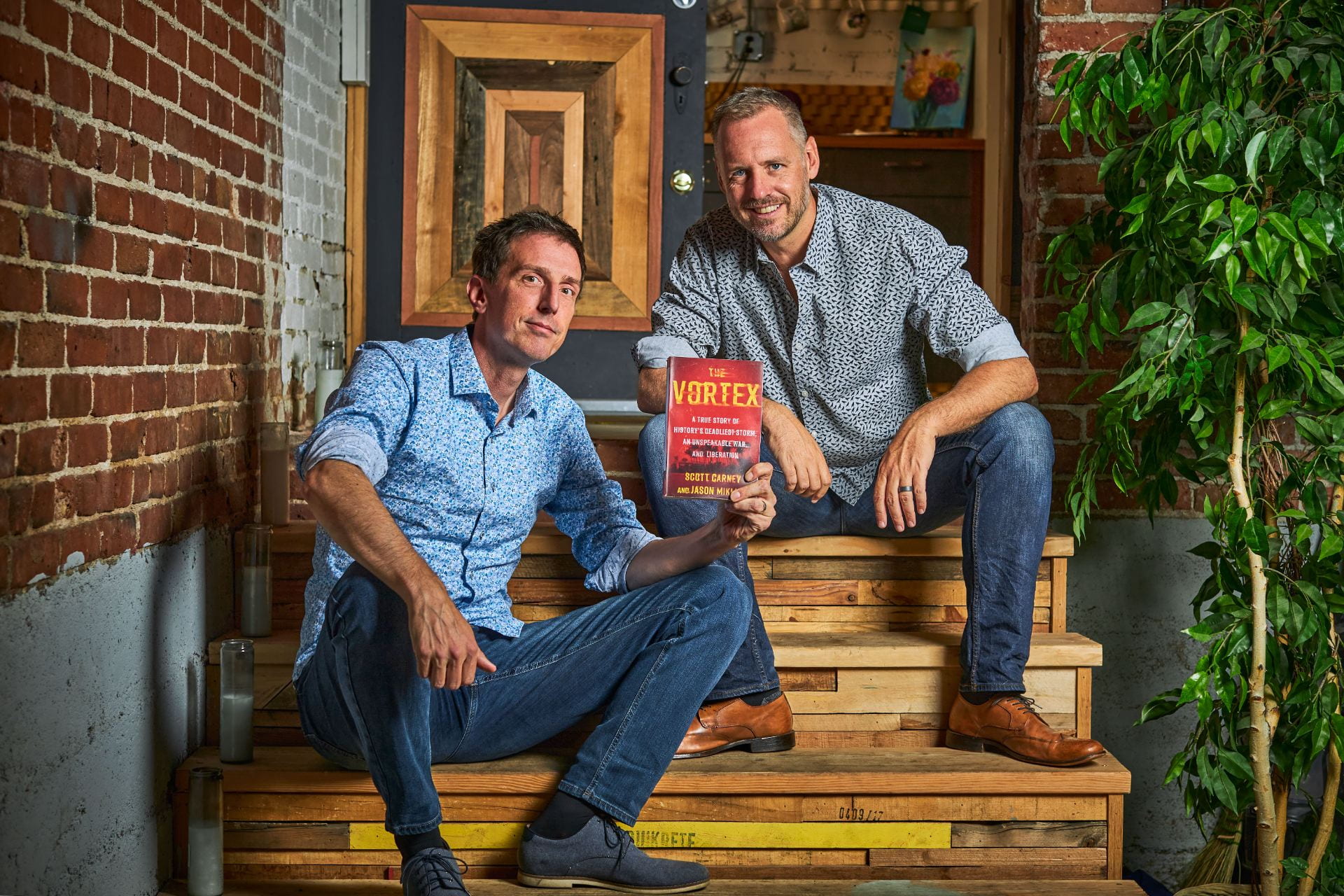
 Jason Miklian, Ph.D., is a Senior Researcher at the Centre for Development and Environment, University of Oslo. Miklian has published over 60 academic and policy works on issues of conflict and crisis, based on extensive fieldwork in Bangladesh, Colombia, India, and the Congo. He serves on the United Nations Expert Panel on Business and Human Rights, has won several awards for his academic publications, and serves as an expert resource for various government knowledge banks in the US, UK, EU and Norway. Miklian has also written for or been cited in an expert capacity by the New York Times, BBC, The Economist, Washington Post, Financial Times, France 24, The Guardian, The Hindu (India) and NPR.
Jason Miklian, Ph.D., is a Senior Researcher at the Centre for Development and Environment, University of Oslo. Miklian has published over 60 academic and policy works on issues of conflict and crisis, based on extensive fieldwork in Bangladesh, Colombia, India, and the Congo. He serves on the United Nations Expert Panel on Business and Human Rights, has won several awards for his academic publications, and serves as an expert resource for various government knowledge banks in the US, UK, EU and Norway. Miklian has also written for or been cited in an expert capacity by the New York Times, BBC, The Economist, Washington Post, Financial Times, France 24, The Guardian, The Hindu (India) and NPR. Scott Carney is an investigative journalist and anthropologist, as well as the author of the New York Times bestseller What Doesn’t Kill Us. He spent six years living in South Asia as a contributing editor for WIRED and writer for Mother Jones, NPR, Discover Magazine, Fast Company, Men’s Journal, and many other publications. His other books include The Red Market, The Enlightenment Trap and The Wedge. He is the founder of Foxtopus Ink, a Denver-based media company.
Scott Carney is an investigative journalist and anthropologist, as well as the author of the New York Times bestseller What Doesn’t Kill Us. He spent six years living in South Asia as a contributing editor for WIRED and writer for Mother Jones, NPR, Discover Magazine, Fast Company, Men’s Journal, and many other publications. His other books include The Red Market, The Enlightenment Trap and The Wedge. He is the founder of Foxtopus Ink, a Denver-based media company.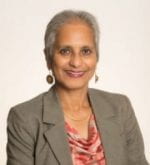 is is a political scientist specializing in Indian foreign policy, India-China relations, and Asian regional and maritime security. She is Research Professor of International Affairs and the Associate Director of the
is is a political scientist specializing in Indian foreign policy, India-China relations, and Asian regional and maritime security. She is Research Professor of International Affairs and the Associate Director of the 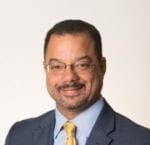 is a John O. Rankin Associate Professor of International Affairs and Director of the Elliott School’s
is a John O. Rankin Associate Professor of International Affairs and Director of the Elliott School’s  Kevin Cromar is the Director of the Health, Environment, and Policy Program at the Marron Institute of Urban Management and an Associate Professor of Environmental Medicine and Population Health at New York University Grossman School of Medicine. His research program works at the intersection of scientific research and public policy in order to generate the knowledge needed to improve health and quality of life. He has a BS in Neuroscience from Brigham Young University and an MS and PhD in Environmental Health Science from New York University.
Kevin Cromar is the Director of the Health, Environment, and Policy Program at the Marron Institute of Urban Management and an Associate Professor of Environmental Medicine and Population Health at New York University Grossman School of Medicine. His research program works at the intersection of scientific research and public policy in order to generate the knowledge needed to improve health and quality of life. He has a BS in Neuroscience from Brigham Young University and an MS and PhD in Environmental Health Science from New York University.  Noah Scovronick is a professor of Environmental Health at the Rollins School of Public Health at Emory University. His areas of interest include air pollution, climate and health, and environmental health. He has a BS from Emory University, a MS from University of Cape Town, an MS and a PhD from the London School fo Hygiene and Tropical Medicine.
Noah Scovronick is a professor of Environmental Health at the Rollins School of Public Health at Emory University. His areas of interest include air pollution, climate and health, and environmental health. He has a BS from Emory University, a MS from University of Cape Town, an MS and a PhD from the London School fo Hygiene and Tropical Medicine.
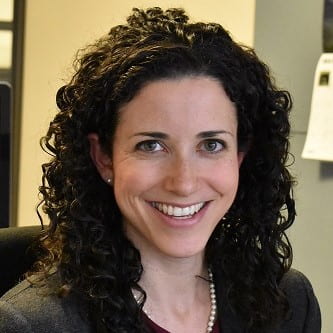 Susan Anenberg is the Director of the Climate and Health Institute and an Associate Professor of Environmental and Occupational Health and of Global Health at the George Washington University Milken Institute School of Public Health. Dr. Anenberg’s research focuses on the health implications of air pollution and climate change, from local to global scales. She currently serves on the U.S. Environmental Protection Agency’s Science Advisory Board and Clean Air Act Advisory Committee, the World Health Organization’s Global Air Pollution and Health Technical Advisory Group, and the National Academy of Science’s Committee to Advise the U.S. Global Change Research Program. She also serves as Secretary of the GeoHealth section of the American Geophysical Union. Previously, Dr. Anenberg was a Co-Founder and Partner at Environmental Health Analytics, LLC, the Deputy Managing Director for Recommendations at the U.S. Chemical Safety Board, an environmental scientist at the U.S. Environmental Protection Agency, and a senior advisor for clean cookstove initiatives at the U.S. State Department.
Susan Anenberg is the Director of the Climate and Health Institute and an Associate Professor of Environmental and Occupational Health and of Global Health at the George Washington University Milken Institute School of Public Health. Dr. Anenberg’s research focuses on the health implications of air pollution and climate change, from local to global scales. She currently serves on the U.S. Environmental Protection Agency’s Science Advisory Board and Clean Air Act Advisory Committee, the World Health Organization’s Global Air Pollution and Health Technical Advisory Group, and the National Academy of Science’s Committee to Advise the U.S. Global Change Research Program. She also serves as Secretary of the GeoHealth section of the American Geophysical Union. Previously, Dr. Anenberg was a Co-Founder and Partner at Environmental Health Analytics, LLC, the Deputy Managing Director for Recommendations at the U.S. Chemical Safety Board, an environmental scientist at the U.S. Environmental Protection Agency, and a senior advisor for clean cookstove initiatives at the U.S. State Department. Jay Shambaugh is Professor of Economics and International Affairs, and Director of the Institute for International Economic Policy at the Elliott School of International Affairs, George Washington University. His area of research is macroeconomics and international economics. He has had two stints in public service. He served as a Member of the White House Council of Economic Advisors from 2015-2017. Earlier, he served on the staff of the CEA as a Senior Economist for International Economics and then as the Chief Economist. He also spent 3 years as the Director of the Hamilton Project at the Brookings Institution. Jay is also a Faculty Research Fellow at the NBER and Non-Resident Senior Fellow in Economic Studies at Brookings. Prior to joining the faculty at George Washington, Jay taught at Georgetown and Dartmouth and was a visiting scholar at the IMF. He received his Ph.D. in economics from the University of California at Berkeley, an M.A. from the Fletcher School at Tufts, and a B.A. from Yale University.
Jay Shambaugh is Professor of Economics and International Affairs, and Director of the Institute for International Economic Policy at the Elliott School of International Affairs, George Washington University. His area of research is macroeconomics and international economics. He has had two stints in public service. He served as a Member of the White House Council of Economic Advisors from 2015-2017. Earlier, he served on the staff of the CEA as a Senior Economist for International Economics and then as the Chief Economist. He also spent 3 years as the Director of the Hamilton Project at the Brookings Institution. Jay is also a Faculty Research Fellow at the NBER and Non-Resident Senior Fellow in Economic Studies at Brookings. Prior to joining the faculty at George Washington, Jay taught at Georgetown and Dartmouth and was a visiting scholar at the IMF. He received his Ph.D. in economics from the University of California at Berkeley, an M.A. from the Fletcher School at Tufts, and a B.A. from Yale University.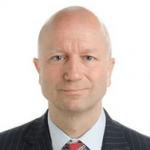



 Daniel Yi Xu is a Professor of Economics at Duke University and Research Associate at the National Bureau of Economic Research. Co-editor of the Review of Economics and Statistics. He is also the associate editor of the Rand Journal of Economics and AEJ: Applied. His research focus tends to focus on Productivity/Innovation, International Trade, and Industrial Organization. His website:
Daniel Yi Xu is a Professor of Economics at Duke University and Research Associate at the National Bureau of Economic Research. Co-editor of the Review of Economics and Statistics. He is also the associate editor of the Rand Journal of Economics and AEJ: Applied. His research focus tends to focus on Productivity/Innovation, International Trade, and Industrial Organization. His website: 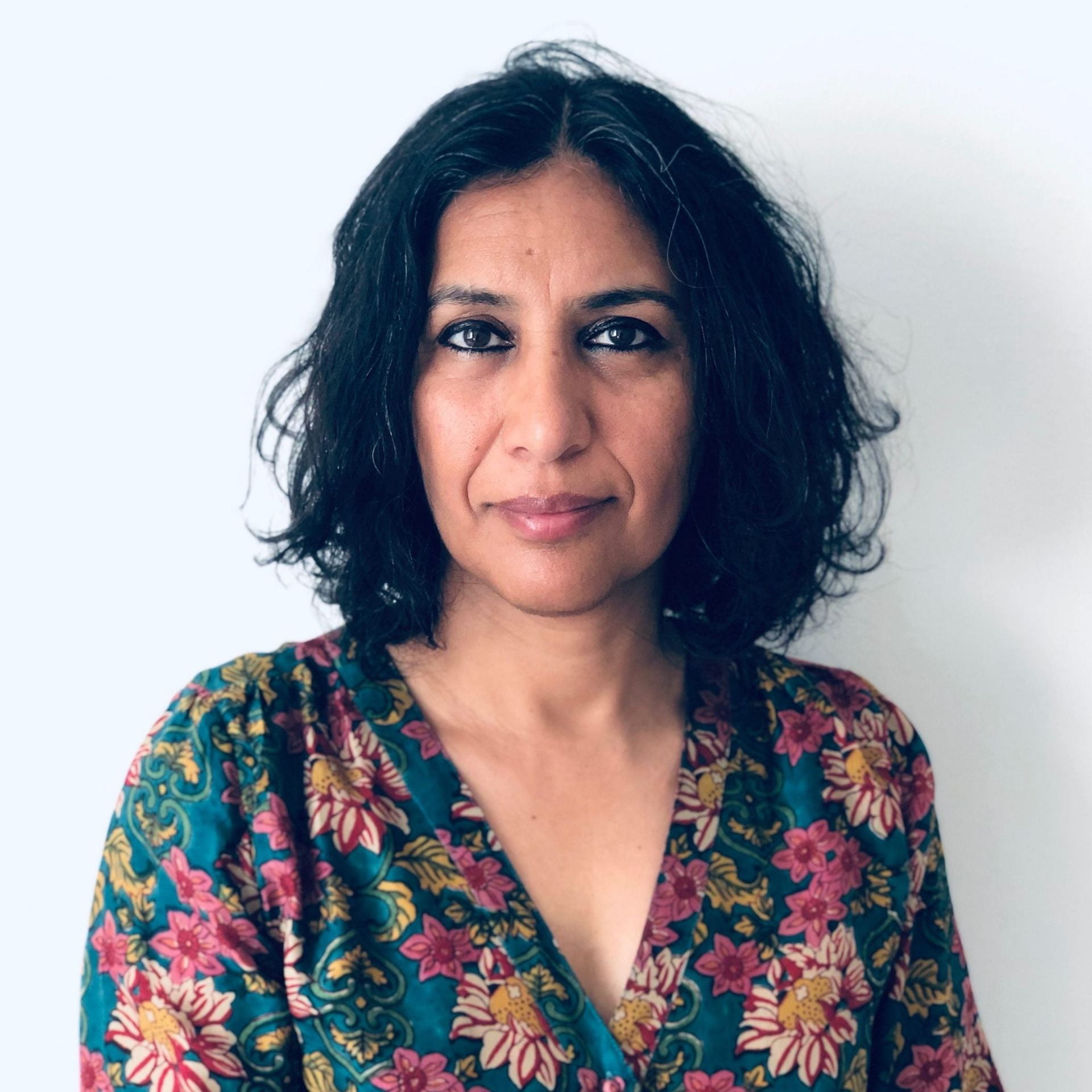

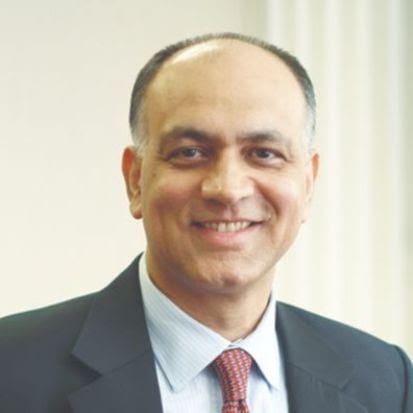






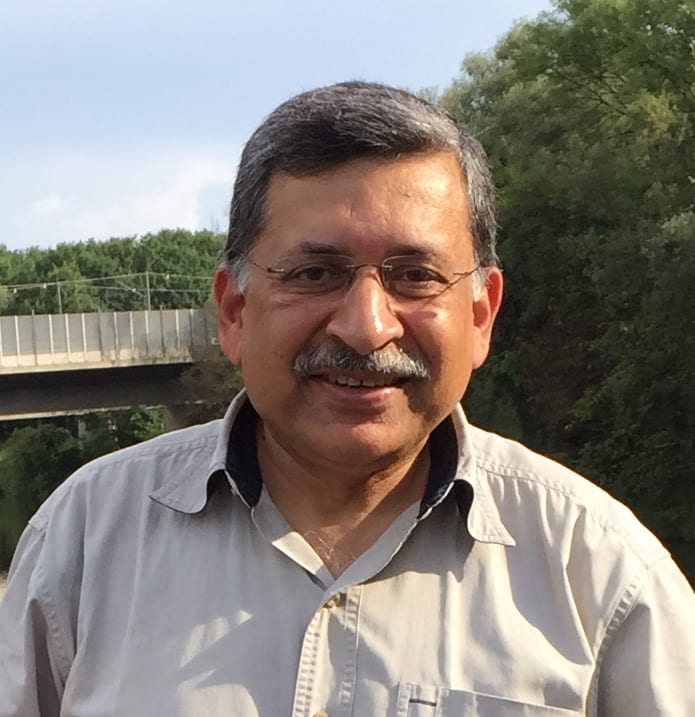






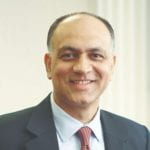
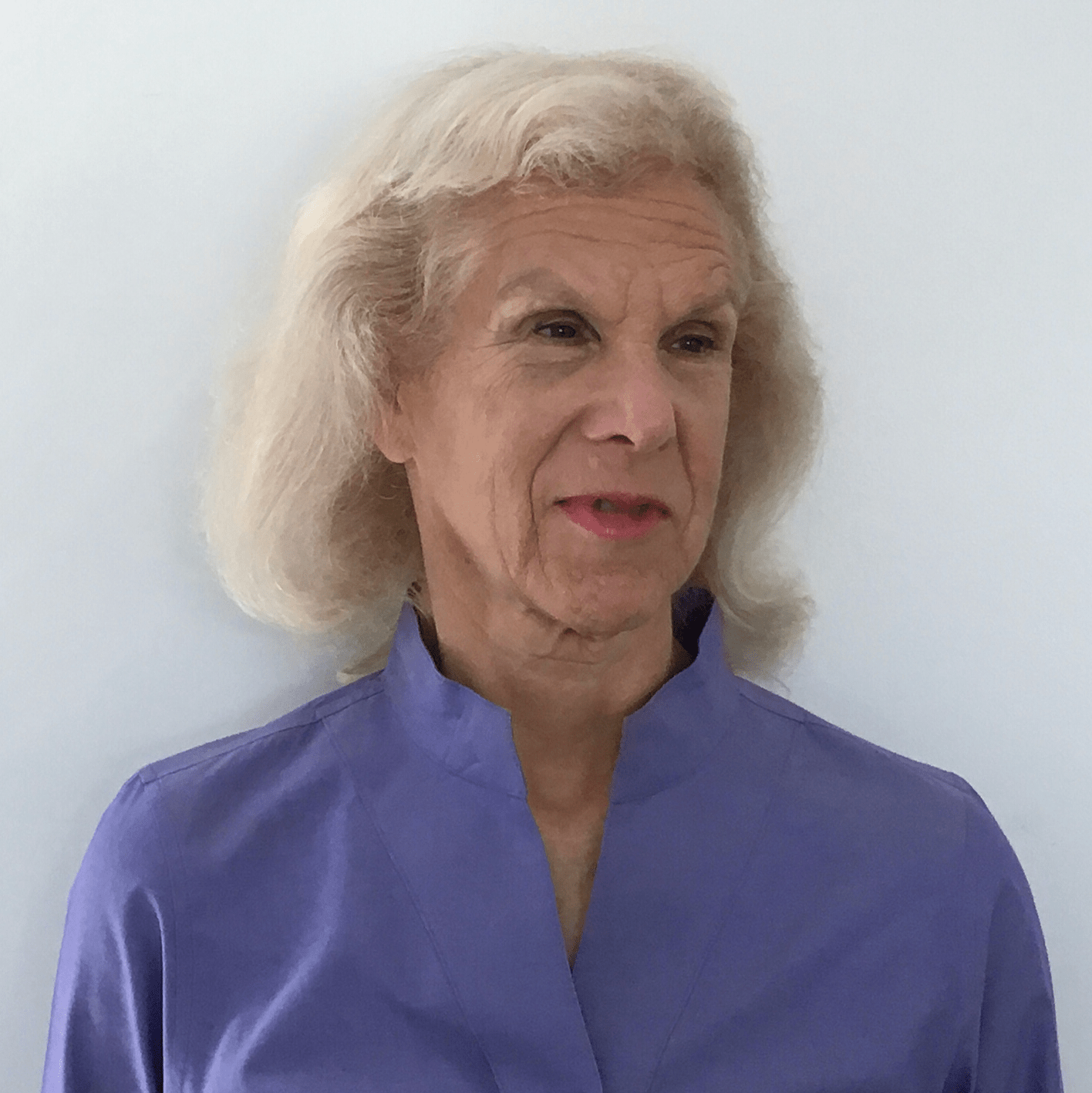















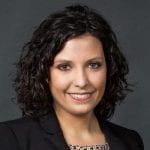













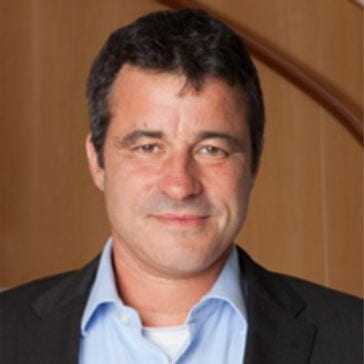


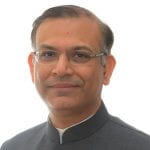

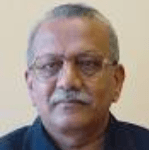 Nitin Desai has had a long and distinguished career in the Government of India and the United Nations. He has also worked for some time in private industry and taught at two UK Universities.
Nitin Desai has had a long and distinguished career in the Government of India and the United Nations. He has also worked for some time in private industry and taught at two UK Universities.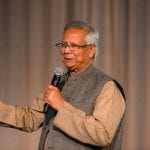


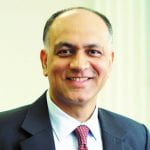 Sunil Sharma is a Distinguished Visiting Scholar at the Institute for International Economic Policy, Elliott School of International Affairs, The George Washington University, Washington, D.C., USA, and a Senior Associate at the Council on Economic Policies, Zurich, Switzerland. He was Assistant Director in the IMF’s Research Department from 2015-2018, and the Director of the IMF-Singapore Regional Training Institute (STI) in Singapore from 2006-2015. Before moving to Singapore in 2006, he was Chief of the IMF Institute’s Asian Division in Washington, D.C. Prior to joining the IMF in 1992, Dr. Sharma was on the Economics faculty at the University of California, Los Angeles (UCLA). He has a Ph.D. and M.A. in Economics from Cornell University, and his current interests include rethinking capitalism and democracy, systemic hazards, complex systems, the international financial architecture, and the institutional structure and design of financial regulation.
Sunil Sharma is a Distinguished Visiting Scholar at the Institute for International Economic Policy, Elliott School of International Affairs, The George Washington University, Washington, D.C., USA, and a Senior Associate at the Council on Economic Policies, Zurich, Switzerland. He was Assistant Director in the IMF’s Research Department from 2015-2018, and the Director of the IMF-Singapore Regional Training Institute (STI) in Singapore from 2006-2015. Before moving to Singapore in 2006, he was Chief of the IMF Institute’s Asian Division in Washington, D.C. Prior to joining the IMF in 1992, Dr. Sharma was on the Economics faculty at the University of California, Los Angeles (UCLA). He has a Ph.D. and M.A. in Economics from Cornell University, and his current interests include rethinking capitalism and democracy, systemic hazards, complex systems, the international financial architecture, and the institutional structure and design of financial regulation. Nicoletta Batini is the Lead Evaluator of the International Monetary Fund’s (IMF) Independent Evaluation Office. Prior to the IMF, she was Advisor of the Bank of England’s Monetary Policy Committee, Professor of Economics at the University of Surrey, and Director of the International Economics and Policy Office of the Treasury in Italy. She holds a Ph.D. in international finance (S.S.S.U.P. S. Anna) and a Ph.D. in monetary economics (University of Oxford). Today her research focuses on the economics of energy and land and sea use transitions for climate mitigation. Her new book “The Economics of Sustainable Food: Smart Policies for People and the Planet” was just published by Island Press and the International Monetary Fund.
Nicoletta Batini is the Lead Evaluator of the International Monetary Fund’s (IMF) Independent Evaluation Office. Prior to the IMF, she was Advisor of the Bank of England’s Monetary Policy Committee, Professor of Economics at the University of Surrey, and Director of the International Economics and Policy Office of the Treasury in Italy. She holds a Ph.D. in international finance (S.S.S.U.P. S. Anna) and a Ph.D. in monetary economics (University of Oxford). Today her research focuses on the economics of energy and land and sea use transitions for climate mitigation. Her new book “The Economics of Sustainable Food: Smart Policies for People and the Planet” was just published by Island Press and the International Monetary Fund. Bruce Friedrich is co-founder and executive director of the Good Food Institute. With branches in the United States, India, Israel, Brazil, Europe, and Asia Pacific, GFI is accelerating the production of plant-based and cultivated meat in order to bolster the global protein supply while protecting our environment, promoting global health, and preventing food insecurity. Bruce oversees GFI’s global strategy, working with directors and international managing directors to ensure that GFI is maximally effective at delivering mission-focused results. Bruce graduated from Georgetown Law and also holds degrees from Johns Hopkins University and the London School of Economics. Bruce was named 2021 “American Food Hero” by @EatingWell Magazine.
Bruce Friedrich is co-founder and executive director of the Good Food Institute. With branches in the United States, India, Israel, Brazil, Europe, and Asia Pacific, GFI is accelerating the production of plant-based and cultivated meat in order to bolster the global protein supply while protecting our environment, promoting global health, and preventing food insecurity. Bruce oversees GFI’s global strategy, working with directors and international managing directors to ensure that GFI is maximally effective at delivering mission-focused results. Bruce graduated from Georgetown Law and also holds degrees from Johns Hopkins University and the London School of Economics. Bruce was named 2021 “American Food Hero” by @EatingWell Magazine.





 Laveesh Bhandari is a Senior Fellow at CSEP. Laveesh will lead and develop the climate change capability at CSEP. In addition, he will help define the broad macro agenda and advise on the sub-national reform. Dr Bhandari is an economist, entrepreneur and an environmentalist. He is currently the Director of Indicus Foundation and leads its Environment and Sustainable Livelihoods initiative. Laveesh has published widely on subjects related to sustainable livelihoods, industrial, economic and social reforms in India, economic geography and financial inclusion. He received his PhD in economics from Boston University for which he was awarded the Best thesis in International Economics. He has taught economics in Boston University and IIT Delhi. He has been the managing editor of Journal of Emerging Market Finance, and worked at National Council of Applied Economic Research (NCAER), New Delhi. He has built, seeded, and exited from three companies in the research, analytics and digital domain.
Laveesh Bhandari is a Senior Fellow at CSEP. Laveesh will lead and develop the climate change capability at CSEP. In addition, he will help define the broad macro agenda and advise on the sub-national reform. Dr Bhandari is an economist, entrepreneur and an environmentalist. He is currently the Director of Indicus Foundation and leads its Environment and Sustainable Livelihoods initiative. Laveesh has published widely on subjects related to sustainable livelihoods, industrial, economic and social reforms in India, economic geography and financial inclusion. He received his PhD in economics from Boston University for which he was awarded the Best thesis in International Economics. He has taught economics in Boston University and IIT Delhi. He has been the managing editor of Journal of Emerging Market Finance, and worked at National Council of Applied Economic Research (NCAER), New Delhi. He has built, seeded, and exited from three companies in the research, analytics and digital domain.




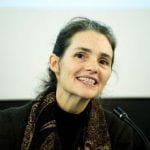
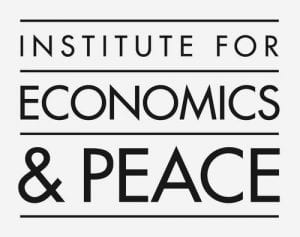
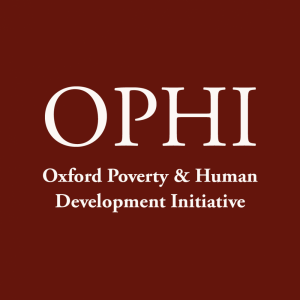

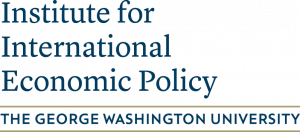





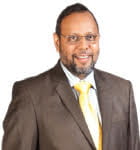

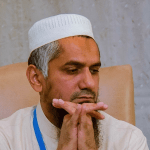

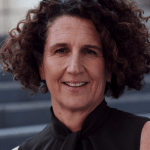
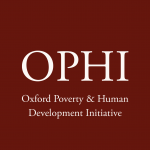








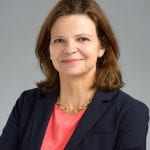 Jennifer G. Cooke is director of the Institute for African Studies at The George Washington University Elliott School of International Affairs. The Institute serves as central for research, scholarly discussion, and debate on issues relevant to Africa. She is a professor of practice in international affairs, teaching courses on U.S. Policy Toward Africa and Transnational Security Threats in Africa. Cooke joined George Washington University in August 2018, after 18 years as director of the Africa Program at the Center for Strategic and International Studies (CSIS), where she led research and analysis on political, economic, and security dynamics in Africa. While at CSIS, Cooke directed projects on a wide range of African issues, including on violent extremist organizations in the Sahel and Lake Chad Basin, China’s growing role in Africa, democracy and elections in Nigeria, religion and state authority in Africa, “stress-testing” state stability in Africa, Africa’s changing energy landscape, and more. She is a frequent writer and lecturer on U.S.-Africa policy and has provided briefing, commentary, and testimony to the media, US Congress, AFRICOM leadership and the U.S. military. She has traveled widely in Africa and has been an election observer in Sierra Leone, Ghana, Liberia, Mali, and Nigeria. As a teenager, she lived in Cote d’Ivoire and the Central African Republic. She holds an M.A. in African studies and international economics from the Johns Hopkins University School of Advanced International Studies (SAIS) and a B.A. in government, magna cum laude, from Harvard University.
Jennifer G. Cooke is director of the Institute for African Studies at The George Washington University Elliott School of International Affairs. The Institute serves as central for research, scholarly discussion, and debate on issues relevant to Africa. She is a professor of practice in international affairs, teaching courses on U.S. Policy Toward Africa and Transnational Security Threats in Africa. Cooke joined George Washington University in August 2018, after 18 years as director of the Africa Program at the Center for Strategic and International Studies (CSIS), where she led research and analysis on political, economic, and security dynamics in Africa. While at CSIS, Cooke directed projects on a wide range of African issues, including on violent extremist organizations in the Sahel and Lake Chad Basin, China’s growing role in Africa, democracy and elections in Nigeria, religion and state authority in Africa, “stress-testing” state stability in Africa, Africa’s changing energy landscape, and more. She is a frequent writer and lecturer on U.S.-Africa policy and has provided briefing, commentary, and testimony to the media, US Congress, AFRICOM leadership and the U.S. military. She has traveled widely in Africa and has been an election observer in Sierra Leone, Ghana, Liberia, Mali, and Nigeria. As a teenager, she lived in Cote d’Ivoire and the Central African Republic. She holds an M.A. in African studies and international economics from the Johns Hopkins University School of Advanced International Studies (SAIS) and a B.A. in government, magna cum laude, from Harvard University. Andrew Tiffin is a senior economist at the IMF, working in the regional studies division of the Fund’s African Department. He is also keenly involved in the effort to incorporate artificial intelligence/machine-learning techniques into the standard analytical toolkit of the Fund. Previously, he has worked on Middle Eastern countries, with a particular interest in refugee issues in Jordan and Lebanon, as well as numerous countries in Europe–he was part of the Italy team during the debt crisis of 2012, and part of the Russia team for the global financial crisis of 2008. Raised in Sydney, Andrew is an Australian national. He received his post-graduate training at Princeton University, where he obtained both a Ph.D. in economics and an M.P.A. in international relations. In addition to his work with the Fund, Andrew has held positions at the Reserve Bank of Australia, and with the Australian Government.
Andrew Tiffin is a senior economist at the IMF, working in the regional studies division of the Fund’s African Department. He is also keenly involved in the effort to incorporate artificial intelligence/machine-learning techniques into the standard analytical toolkit of the Fund. Previously, he has worked on Middle Eastern countries, with a particular interest in refugee issues in Jordan and Lebanon, as well as numerous countries in Europe–he was part of the Italy team during the debt crisis of 2012, and part of the Russia team for the global financial crisis of 2008. Raised in Sydney, Andrew is an Australian national. He received his post-graduate training at Princeton University, where he obtained both a Ph.D. in economics and an M.P.A. in international relations. In addition to his work with the Fund, Andrew has held positions at the Reserve Bank of Australia, and with the Australian Government. Louise Fox is an experienced development economist who specializes in strategies for employment creation, opportunity expansion, economic empowerment, and poverty reduction. She has advised governments in the developed and developing world, international organizations, and philanthropic and non-profit organizations on problem diagnosis, strategies for results, and outcome measurement. She held full-time positions at USAID (as Chief Economist) and at the World Bank. She is currently affiliated with the African Growth Initiative at the Brookings Institution and the Blum Center for Developing Economies, University of California, Berkeley. She was previously affiliated with the Overseas Development Institute, where she led a major research project. Louise has published in the areas of inclusive growth, structural transformation, youth employment, the political economy of poverty reduction, gender and women’s economic empowerment, employment, labor markets, and labor regulation, pension reform, reform of child welfare systems, social protection, effective public expenditures in the social sectors, and female-headed households and child welfare. Her most recent book was Youth Employment in Sub-Saharan Africa, published by the World Bank in 2014.
Louise Fox is an experienced development economist who specializes in strategies for employment creation, opportunity expansion, economic empowerment, and poverty reduction. She has advised governments in the developed and developing world, international organizations, and philanthropic and non-profit organizations on problem diagnosis, strategies for results, and outcome measurement. She held full-time positions at USAID (as Chief Economist) and at the World Bank. She is currently affiliated with the African Growth Initiative at the Brookings Institution and the Blum Center for Developing Economies, University of California, Berkeley. She was previously affiliated with the Overseas Development Institute, where she led a major research project. Louise has published in the areas of inclusive growth, structural transformation, youth employment, the political economy of poverty reduction, gender and women’s economic empowerment, employment, labor markets, and labor regulation, pension reform, reform of child welfare systems, social protection, effective public expenditures in the social sectors, and female-headed households and child welfare. Her most recent book was Youth Employment in Sub-Saharan Africa, published by the World Bank in 2014. Seung Mo Choi is a Senior Economist working on regional surveillance in the IMF’s African Department. He has worked on banking crises, financial market policies, climate change, low-income country issues, and capacity development, including in the IMF’s European Department and in the Institute for Capacity Development. His research has been published in economics and finance journals such as International Economic Review. Prior to joining the IMF, he worked as an Assistant Professor at Washington State University and obtained a Ph.D. in economics from the University of Chicago and a B.A. in economics from Seoul National University.
Seung Mo Choi is a Senior Economist working on regional surveillance in the IMF’s African Department. He has worked on banking crises, financial market policies, climate change, low-income country issues, and capacity development, including in the IMF’s European Department and in the Institute for Capacity Development. His research has been published in economics and finance journals such as International Economic Review. Prior to joining the IMF, he worked as an Assistant Professor at Washington State University and obtained a Ph.D. in economics from the University of Chicago and a B.A. in economics from Seoul National University. Stephen C. Smith is Professor of Economics and International Affairs at George Washington University. In 2018 he was UNICEF Senior Fellow at the UNICEF Office of Research-Innocenti, Florence, Italy. Smith received his Ph.D. in Economics from Cornell University and has been a Fulbright Research Scholar, a Jean Monnet Research Fellow, a Visiting Fellow at the Brookings Institution, a Nonresident Senior Fellow at Brookings, a Fulbright Senior Specialist, a member of the Advisory Council of BRAC USA, and an Associate Editor of the Journal of Economic Behavior and Organization. He has twice served as Director of the Institute for International Economic Policy at GWU. Smith is the co-author with Michael Todaro of Economic Development (12th Edition, Pearson, 2014). He is also author of Ending Global Poverty: A Guide to What Works (paperback edition Palgrave Macmillan, 2009), and co-editor with Jennifer Brinkerhoff and Hildy Teegen of NGOs and the Millennium Development Goals: Citizen Action to Reduce Poverty (Palgrave Macmillan, 2007). He is also author or coauthor of about 45 professional journal articles and many other publications. Smith’s recent research has focused on extreme poverty and strategies and programs to address it; and on the economics of adaptation and resilience to climate change in low-income countries, emphasizing autonomous adaptation by households and communities and its effects, and adaptation financing.
Stephen C. Smith is Professor of Economics and International Affairs at George Washington University. In 2018 he was UNICEF Senior Fellow at the UNICEF Office of Research-Innocenti, Florence, Italy. Smith received his Ph.D. in Economics from Cornell University and has been a Fulbright Research Scholar, a Jean Monnet Research Fellow, a Visiting Fellow at the Brookings Institution, a Nonresident Senior Fellow at Brookings, a Fulbright Senior Specialist, a member of the Advisory Council of BRAC USA, and an Associate Editor of the Journal of Economic Behavior and Organization. He has twice served as Director of the Institute for International Economic Policy at GWU. Smith is the co-author with Michael Todaro of Economic Development (12th Edition, Pearson, 2014). He is also author of Ending Global Poverty: A Guide to What Works (paperback edition Palgrave Macmillan, 2009), and co-editor with Jennifer Brinkerhoff and Hildy Teegen of NGOs and the Millennium Development Goals: Citizen Action to Reduce Poverty (Palgrave Macmillan, 2007). He is also author or coauthor of about 45 professional journal articles and many other publications. Smith’s recent research has focused on extreme poverty and strategies and programs to address it; and on the economics of adaptation and resilience to climate change in low-income countries, emphasizing autonomous adaptation by households and communities and its effects, and adaptation financing. Preya Sharma is a senior economist in the African Department of the IMF where she is Special Assistant to the Director. Her research has focused on structural transformation, the future of work, and digitalization in sub-Saharan Africa, as well as emerging market crises and development. Before joining the IMF she was the Head of Emerging Markets at HM Treasury in the UK. She holds a Masters in Public Administration in International Development from the Harvard Kennedy School and a BSc in Economics from the London School of Economics.
Preya Sharma is a senior economist in the African Department of the IMF where she is Special Assistant to the Director. Her research has focused on structural transformation, the future of work, and digitalization in sub-Saharan Africa, as well as emerging market crises and development. Before joining the IMF she was the Head of Emerging Markets at HM Treasury in the UK. She holds a Masters in Public Administration in International Development from the Harvard Kennedy School and a BSc in Economics from the London School of Economics.

